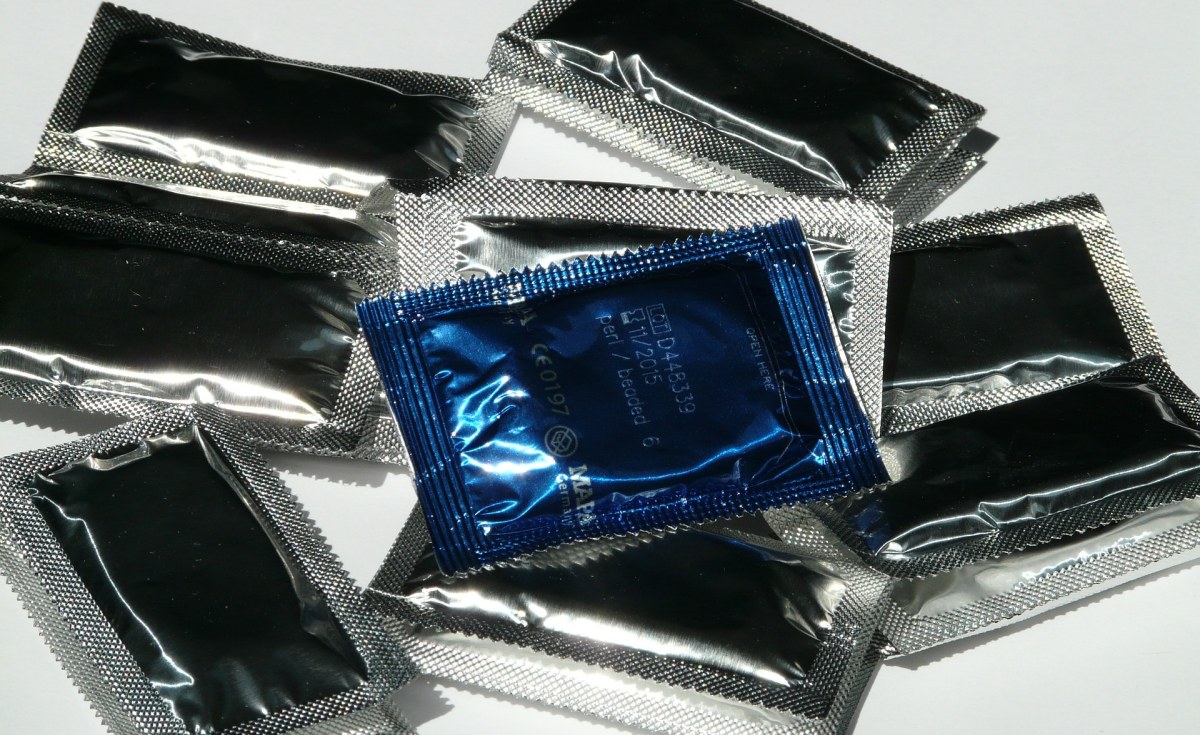Most public health facilities, hotels and restaurants are reporting shortage of the free condoms in due to another tax row between donors and the government.
The programme that provides free condoms, an important component of Kenya’s HIV prevention campaign, depends entirely on donor support to procure the commodities.
The Kenyan government distributes approximately 180 million free condoms annually and the programme is funded by the Global Fund and the United Nations Population Fund (UNFPA).
However, for the last three months, HIV patients in various groups have been discussing the shortage of condoms in the country with some of them distributing the little they have to the community and to the facilities around.
This was confirmed by Dr Samuel Kinyajui, the Country Director, AIDS Healthcare Foundation who told the Saturday Nation that this year, the government has bought no condoms and the stock that the foundation is currently distributing was shipped in 2019.
“I am aware that the country is currently experiencing shortage of condoms; the two branded condoms that we distribute for free, including the Sure one that is given to us by the government to distribute for them,” said Dr Kinyanjui.
He said the foundation distributes the free condoms to 10 counties though they have reported shortages and some of the counties are not able to stock enough.
Dr Kinyanjui attributed the stock-out to the government demanding taxes on the donations.
More problems
“But honestly, why do we have to tax commodities that are given to us for free? If we continue like this, we are going to have more problems because as a country we are not able to fund our health system. We should decide whether we want condoms or taxes because once the donors withdraw, then we are doomed,” Dr Kinyajui said.
He added that the foundation had a difficult time distributing condoms during last week’s Safari Rally event in Naivasha, Nakuru County, because of stock-out.
“We managed to distribute only 150,000 condoms in such a big event because there weren’t enough condoms. If we had stock, many would have even carried the commodity home,” he said.
Demand for condoms
Dr Kinyajui said that the demand for condoms in the country is so high that they can’t keep up with it as a foundation.
“People are protecting themselves, we should not let them down by not giving them when they ask for it,” he said
“We have not had condoms for some time now, even the facilities around have reported shortages, though I have some that I distribute to barber shops around and even people come to pick from me,” said Mr Erick Okioma, one of the patients.
He said that the government has for long depended on donors the condoms, which can easily be manufactured in the country.
He added: “If the government can just prioritise some of the essential things, like condoms, then we will be a step ahead in the fight against the virus.”
At Jaramogi Oginga Odinga Teaching and Referral Hospital all the condom dispensing boxes are empty. “I don’t even know the last time we stocked the boxes, we have not had the free condoms for some time now,” said a nurse who sought anonymity.
The nurse said that the commodities are normally brought by the Kenya Medical Supplies Agency (Kemsa), though she can’t remember when the last batch was delivered.
Mr Nelson Otwoma, the executive director of the National Empowerment Network of People Living with HIV/AIDS confirmed that he had received many complaints and requests from community health workers about the condoms.
“It’s like the people living with HIV are a bother to this government, there is nothing in the hospitals including the test kits for HIV and now crucial commodities like condoms are not available. How do we prevent new infections?” Mr Okioma asked.
In one of the public toilets at the Central Business District, the attendant said people have been asking for condoms but they have not received supplies.
“We don’t know what happened. We used to receive them from Nairobi County government, this year, we have not got any supply,” said Monica Gitau, an attendant at the facility.
At Kemsa, an officer said that few stocks are remaining, which might not sustain the country’s needs. However, this could not be confirmed.
“There are condoms, but few,” said the officer who sought anonymity.

